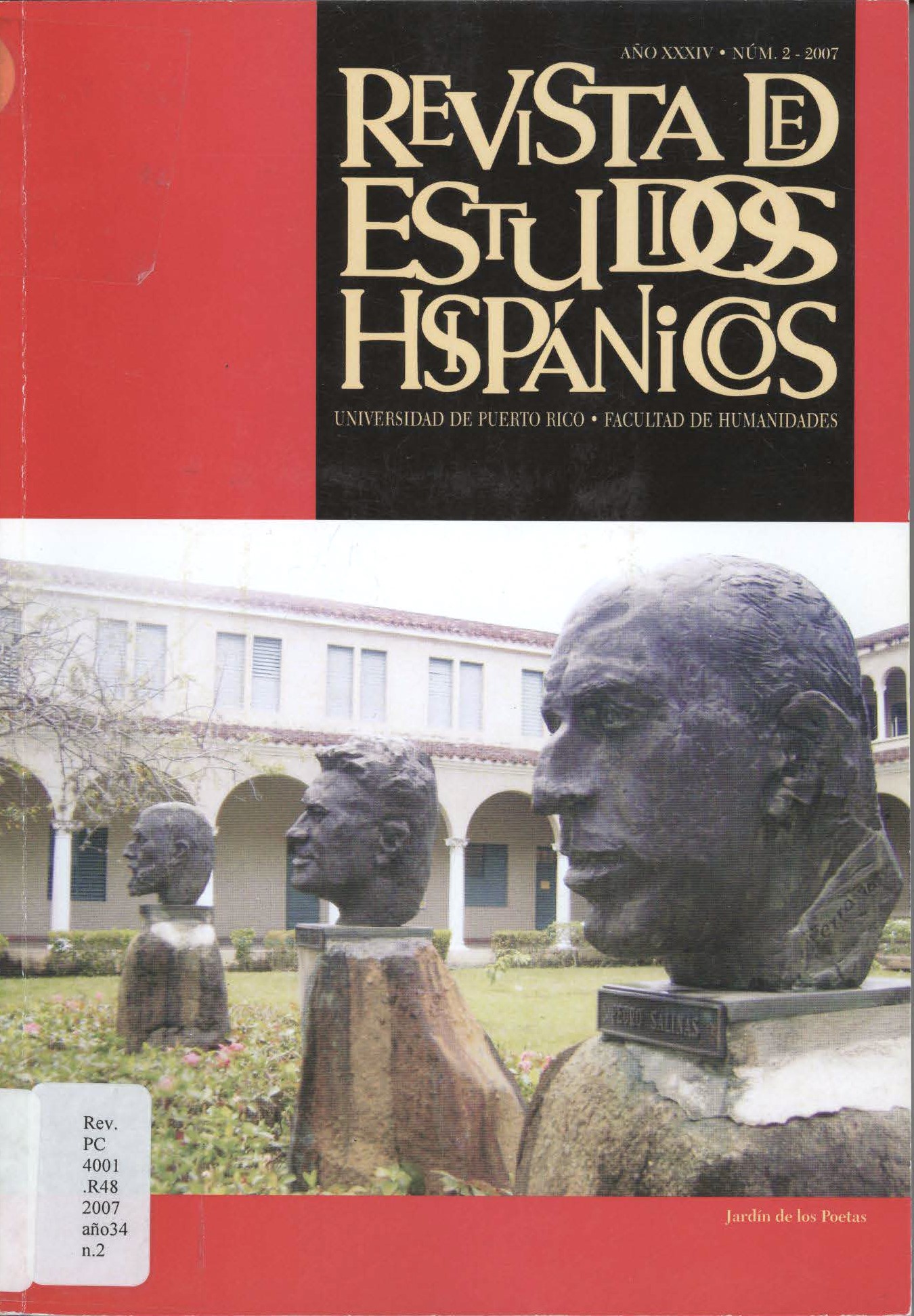Abstract
Dámaso Alonso's Hijos de la ira is a collection of poems written immediately after the end of the Spanish Civil War; reflecting the social situation of an urban environment that affects the inhabitants of a city, identified as Madrid. The poetic subject describes such an atmosphere as filled with abundant traces of death, destruction and feelings of radical hopelessness. Most of the studies focused on Hijos de la ira have emphasized the existential anguish and despair that influence directly the poetic subject who tries to survive among hostile circumstances. However, such a critical approach would be greatly enriched if it is complemented with new considerations and perspectives which should take into account what poststructuralist and deconstructive theories might offer to clarify the story and discourse of the poems collected in Hijos de la ira. The result of that textual approximation would evidence that the urban environment rejected by the poetic subject cannot deny nor hide the existence of some kind of utopist horizon, open to satisfactory and rewarding life.This work is licensed under a Creative Commons Attribution-NonCommercial 4.0 International License.
Downloads
Download data is not yet available.

